|
I started working as a social worker in Jinja with Children on the Edge Africa in 2013. Over the past ten years, I have seen so much transformation in these slum communities and a complete change of mindsets. When we started we had little influence, and people didn’t want to see things differently but now they work together independently to make their area safer, and protect the children who live there. The Child Protection Teams have had a huge impact in the transformation of their communities. The first team started in Masese II, ten years ago. There are now five fully empowered Child Protection Teams. I have been guiding these teams for a long time, but now they can walk without my support. People now understand what child protection means, they know about their responsibilities and how to care for their children. As a result of the ongoing work led by the Child Protection Teams, child abuse and child labour has significantly reduced, it is now rare to see a child hawking (selling) vegetables or working in the quarries. For example in Masese I 80% of households are single mothers, most of them used to send their children out to work, breaking stones at the quarry but since the Child Protection Team started working in the area, this has now stopped, children are not working at the quarry and they are attending school instead. Through community workshops and sensitisation, parents understand the importance of education for their children, this combined with the provision of small business loans means that parents are now able to provide for their families, they can afford to feed their children and send them to school. It takes time but slowly mindsets have changed, and people have listened. When the Child Protection Team started working in Masese III, we couldn’t even finish a community workshop as people would shout out and interrupt. On one occasion, a man even began beating his wife in the middle of a meeting about domestic violence. Now when they attend workshops and meetings, they listen to what the teams are speaking about and then put what they have learnt into practice. Domestic violence and abuse has reduced. Hygiene levels have increased, communities are cleaner and safer. Courtship attacks used to be common in Masese III. This is where a man decides that he wants to marry a woman, so he attacks and violates her, so, in this culture, she is forced to marry him. To tackle this practice, the Child Protection Team has worked hard to raise awareness that this is a crime, and to make sure that perpetrators are arrested. Thanks to their work, these attacks have now completely stopped. The Child Protection Teams are respected, and there is good cooperation between the teams, community members and local authorities. Issues are identified and reported to the teams who work alongside local authorities to make sure these issues are addressed. I am also very proud of the Child Rights Clubs, the three clubs now have over 80 members. They are strong, children look out for each other, they create brilliant dances, dramas and songs to explain different issues and help raise awareness with their friends. The Child Rights Clubs work hand-in-hand with the Child Protection Teams. After seeing how the Child Protection Teams have helped transform communities in Jinja, we are now replicating this approach in Karamoja, a rural district in the north of Uganda. Children here face high levels of abuse, hunger and are at risk of being trafficking but we are working alongside the community to help change mindsets and create a protective environment for the children who live here. Change takes time, but we know by looking at our success in Jinja that there is hope. The teams have already had a big impact and seen many improvements. When I look back and see how communities in Jinja have been transformed over the past 10 years, it feels like I am a mother seeing my child walking. Our target when we first started was mindset change, this has now been reached. Ouma Margaret's Story
60-year-old Ouma Margaret, lives in Jinja. She has six children and 10 grandchildren, three of whom live with her. When her husband died, Margaret set up a stall selling 'malwa' a drink made from ground fermented millet, however, the business did not bring in enough income to support Margaret and her grandchildren.
When her local Child Protection Team saw her struggles, they gave her some business training and advice and helped her access a small business loan. Margaret used her loan to start a fabric dying business she worked hard and was able to open a second business with the profits, a small restaurant selling bean stew, posho (a maize meal staple), meat and sweet potato. Margaret is now able to provide for her family, and has enough income to pay her household bills and can afford to pay the school fees for her grandchildren. Support usComments are closed.
|
RECEIVE OUR EMAILSBlog Categories
All
Archives
July 2024
|
|
JOIN US ON SOCIAL MEDIA
|
Annual Report | Contact Us | Jobs | Media Centre | Resources | Shop
Accessibility & Policies: Accessibility | Equity, Diversity & Inclusion Policy | Complaints| Privacy Policy | Safeguarding
Accessibility & Policies: Accessibility | Equity, Diversity & Inclusion Policy | Complaints| Privacy Policy | Safeguarding
Children on the Edge, 5 The Victoria, 25 St Pancras, Chichester, West Sussex, PO19 7LT, UK | 01243 538530 | [email protected]


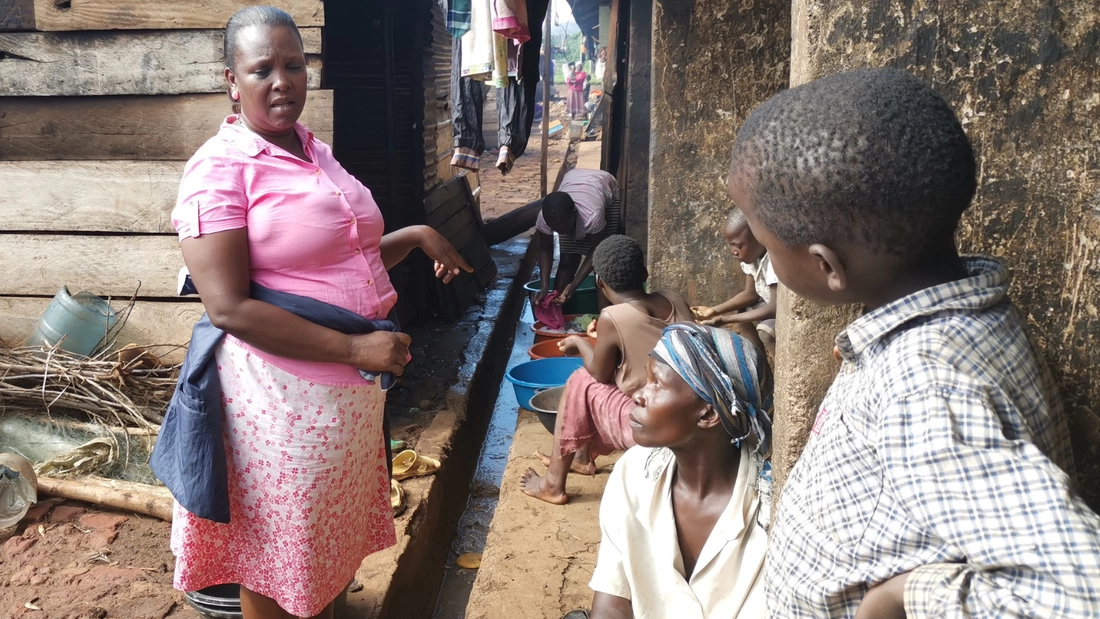

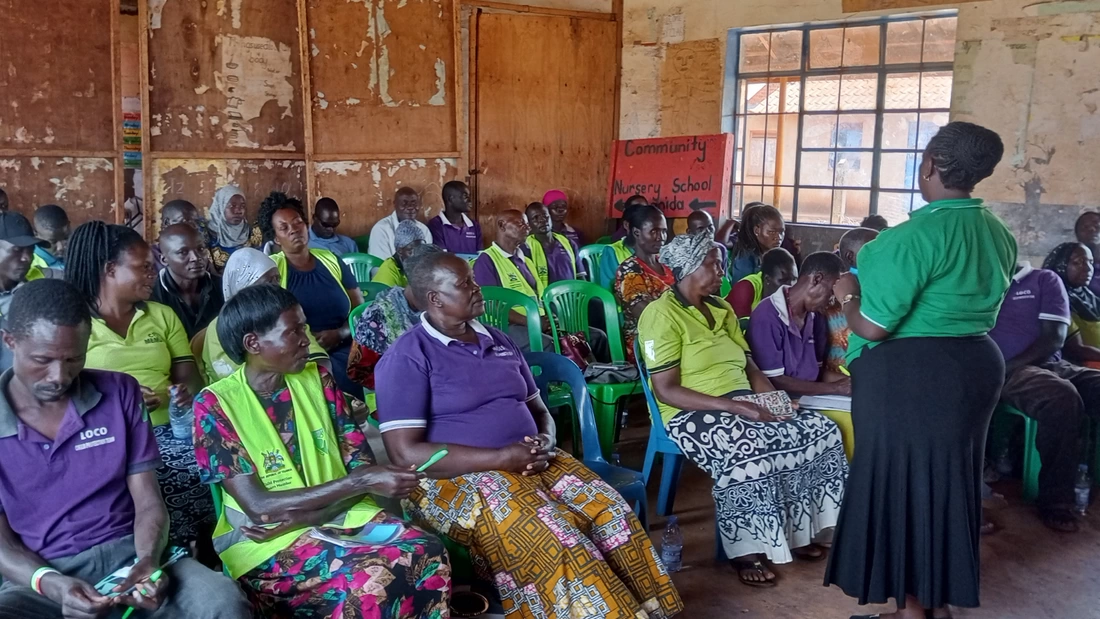
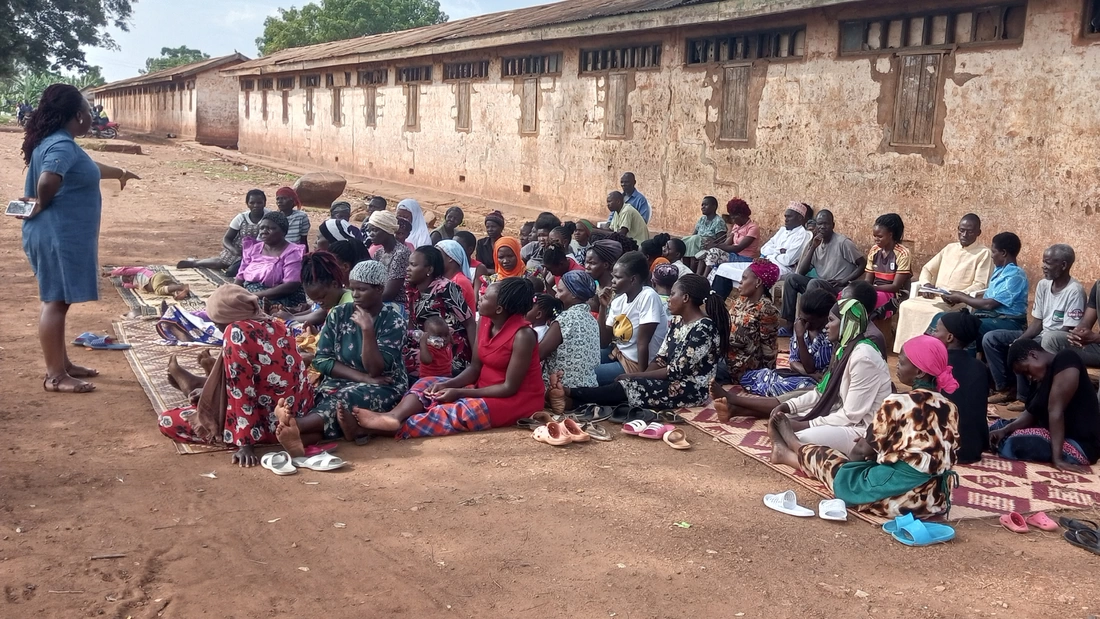
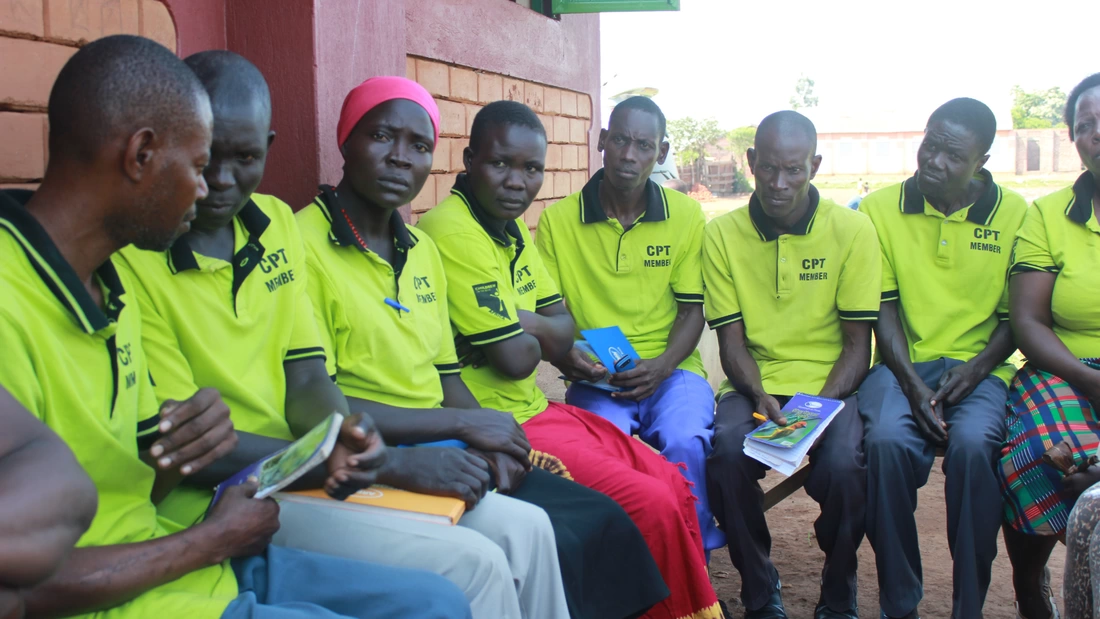
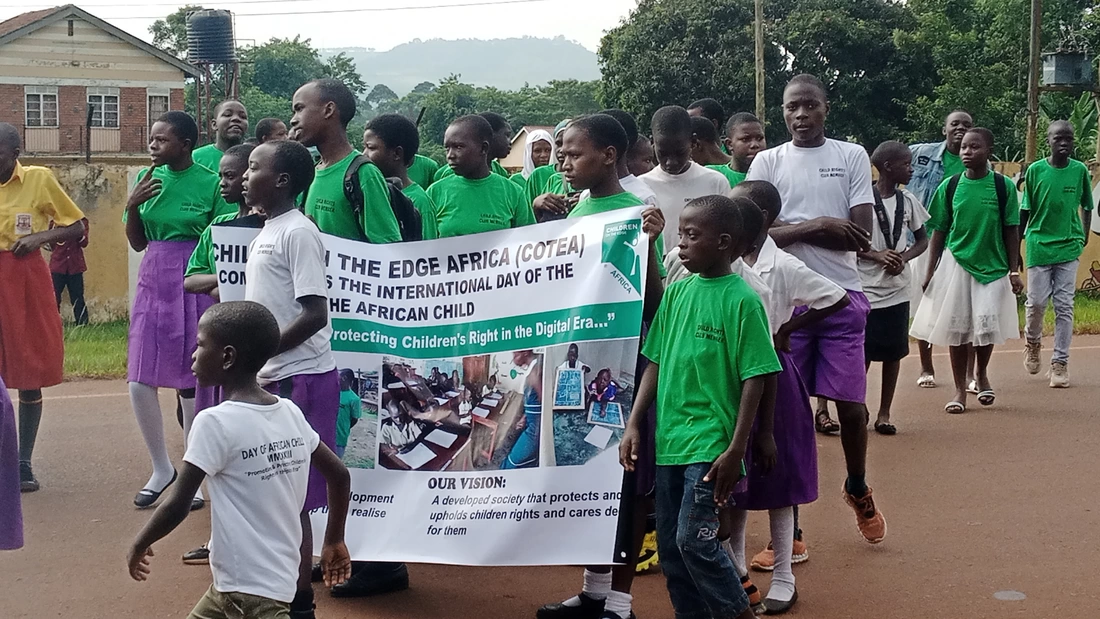
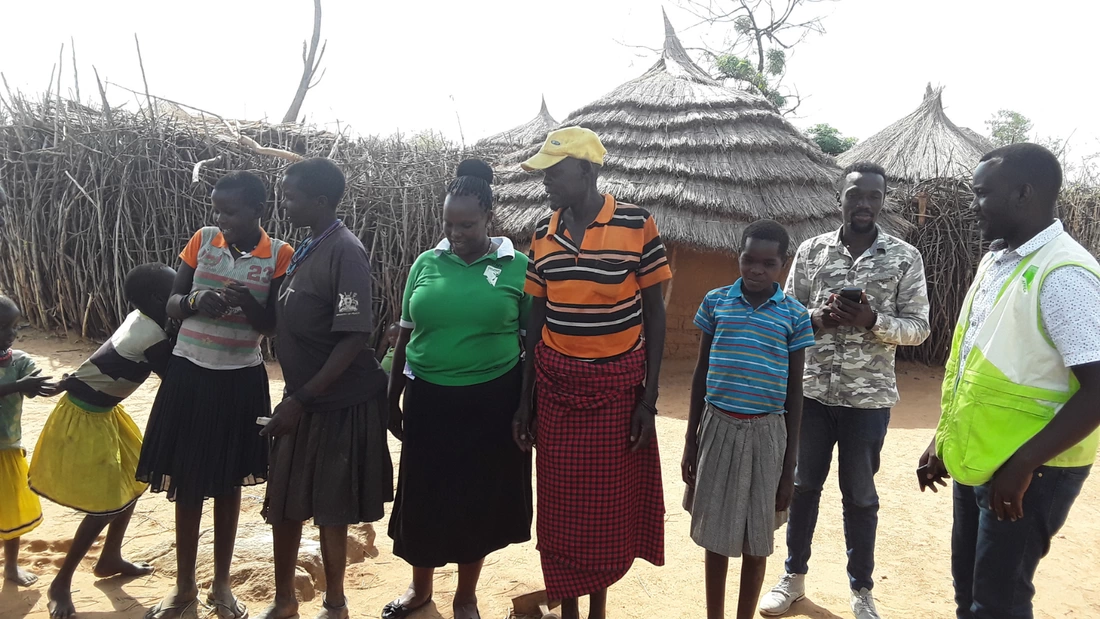
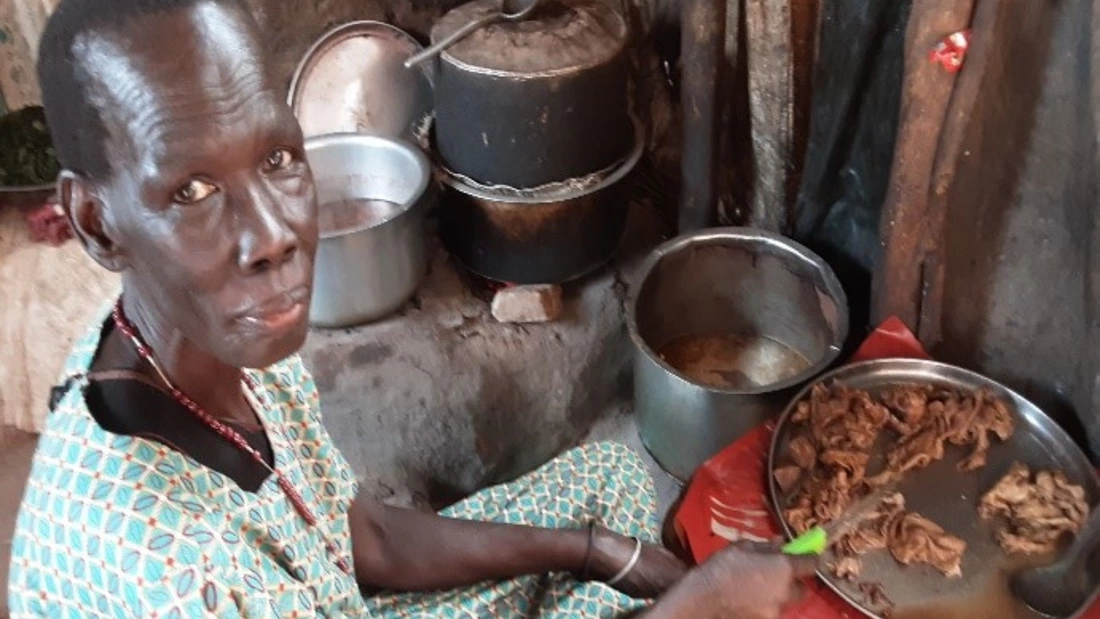
 Give monthly
Give monthly Fundraise for us
Fundraise for us RSS Feed
RSS Feed
